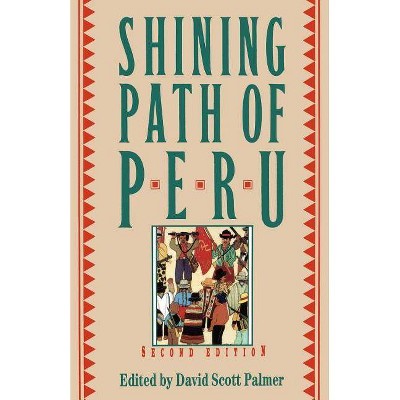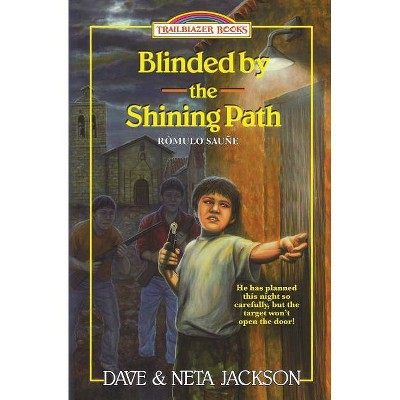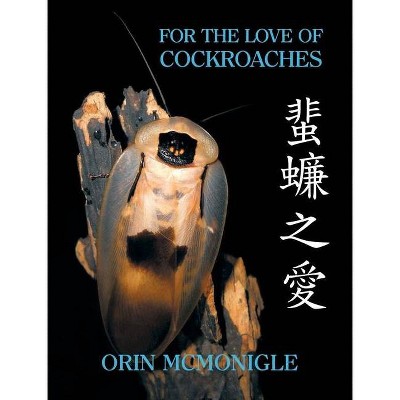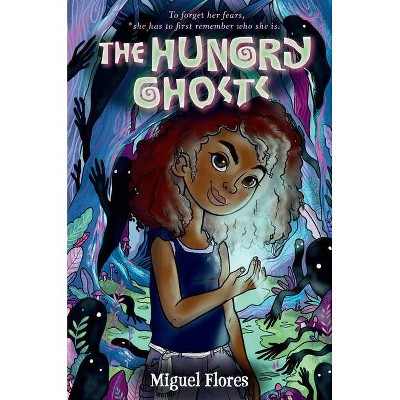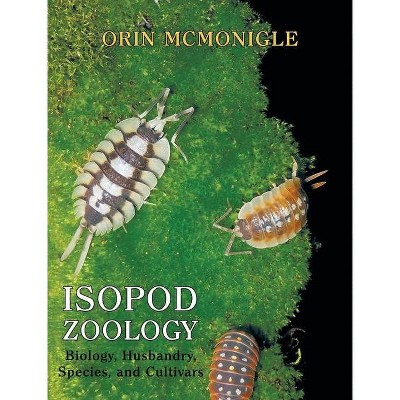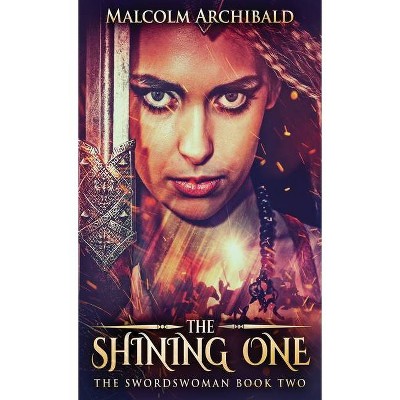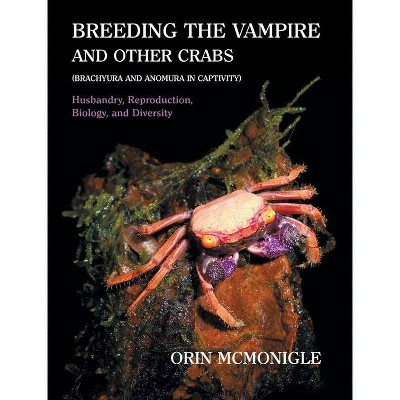The Shining Path - by Orin Starn & Miguel La Serna (Hardcover)
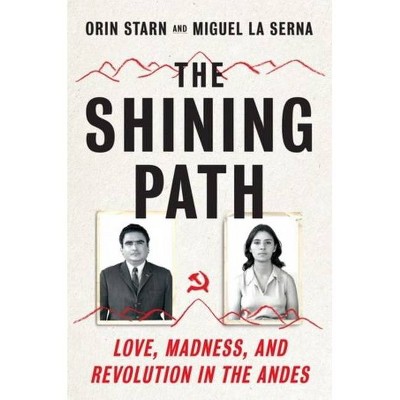
Similar Products
Products of same category from the store
AllProduct info
<p/><br></br><p><b> About the Book </b></p></br></br>A narrative history of the unlikely Maoist rebellion that terrorized Peru even after the fall of global Communism.<p/><br></br><p><b> Book Synopsis </b></p></br></br><p>On May 17, 1980, on the eve of Peru's presidential election, five masked men stormed a small town in the Andean heartland. They set election ballots ablaze and vanished into the night, but not before planting a red hammer-and-sickle banner in the town square. The lone man arrested the next morning later swore allegiance to a group called Shining Path. The tale of how this ferocious group of guerrilla insurgents launched a decade-long reign of terror, and how brave police investigators and journalists brought it to justice, may be the most compelling chapter in modern Latin American history, but the full story has never been told.</p><p>Described by a U.S. State Department cable as "cold-blooded and bestial," Shining Path orchestrated bombings, assassinations, and massacres across the cities, countryside, and jungles of Peru in a murderous campaign to seize power and impose a Communist government. At its helm was the professor-turned-revolutionary Abimael Guzmán, who launched his single-minded insurrection alongside two women: his charismatic young wife, Augusta La Torre, and the formidable Elena Iparraguirre, who married Guzmán soon after Augusta's mysterious death. Their fanatical devotion to an outmoded and dogmatic ideology, and the military's bloody response, led to the death of nearly 70,000 Peruvians.</p><p>Orin Starn and Miguel La Serna's narrative history of Shining Path is both panoramic and intimate, set against the socioeconomic upheavals of Peru's rocky transition from military dictatorship to elected democracy. They take readers deep into the heart of the rebellion, and the lives and country it nearly destroyed. We hear the voices of the mountain villagers who organized a fierce rural resistance, and meet the irrepressible black activist María Elena Moyano and the Nobel Prize-winning novelist Mario Vargas Llosa, who each fought to end the bloodshed. Deftly written, <em>The Shining Path</em> is an exquisitely detailed account of a little-remembered war that must never be forgotten.</p><p/><br></br><p><b> Review Quotes </b></p></br></br><br><em>The Shining Path</em> is the fascinating account of how one man and two women forged a union to create one of the modern world's most extreme insurgencies. Orin Starn and Miguel La Serna have made a remarkable contribution to our historical knowledge about the origins of the Shining Path and have simultaneously produced a compelling page-turner. They deserve high praise for their achievement.--Jon Lee Anderson, author of Che Guevara: A Revolutionary Life<br><br>Vivid, gritty ... and meticulously researched. ... [A] timely reminder of the dangers of inflexible dogma and an important work that belongs in every collection.-- "Booklist (starred review)"<br><br>This history of the Shining Path combines deep archival work, detailed knowledge of the Andes, and bold journalistic intuition. Through brilliant storytelling, the reader witnesses a war that killed thousands through the intimate lives of its protagonists as they travel across the landscapes of Peru.--Marisol de la Cadena, anthropologist, University of California, Davis, and author of Earth Beings: Ecologies of Practice across Andean Worlds<br><br>A meticulously researched and harrowing account of how a bookish professor and his two (consecutive) wives conceived and orchestrated a brutal Maoist insurrection in the remote Andes of Peru. The authors brilliantly chronicle the triumvirate's meteoric rise and catastrophic fall.--Kim MacQuarrie, author of The Last Days of the Incas and Life and Death in the Andes<br>
Price History
Price Archive shows prices from various stores, lets you see history and find the cheapest. There is no actual sale on the website. For all support, inquiry and suggestion messagescommunication@pricearchive.us
